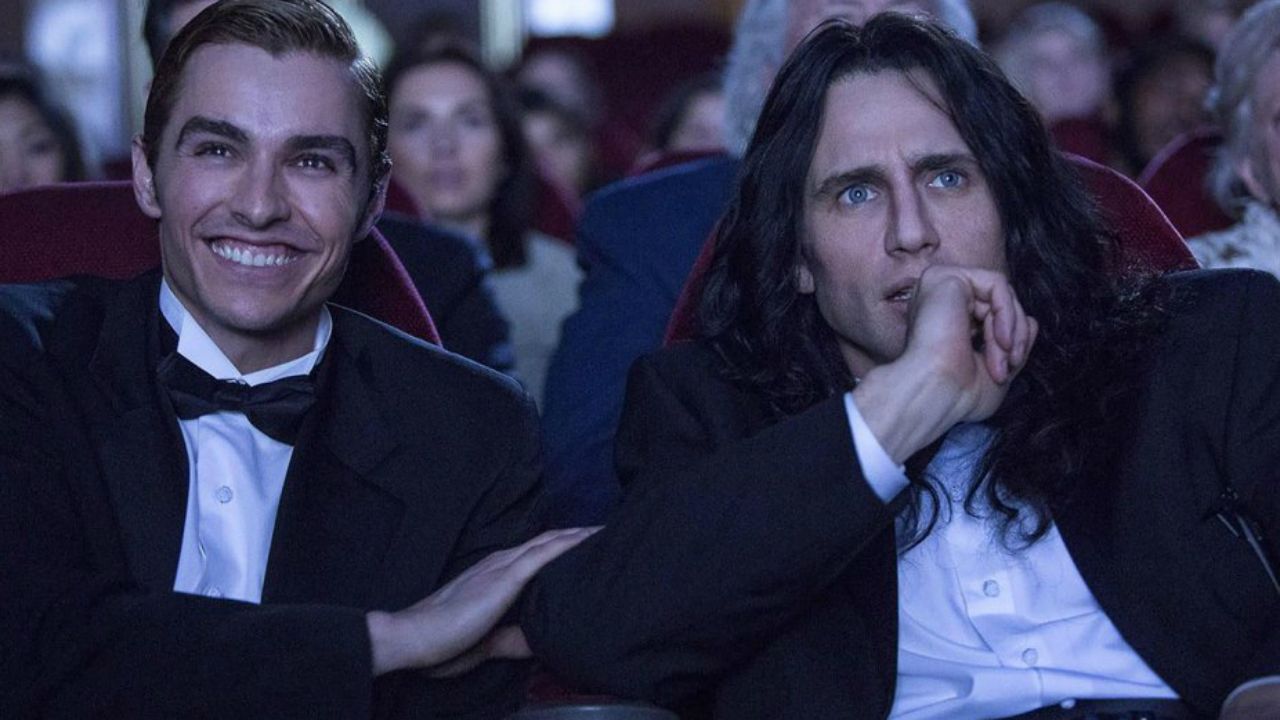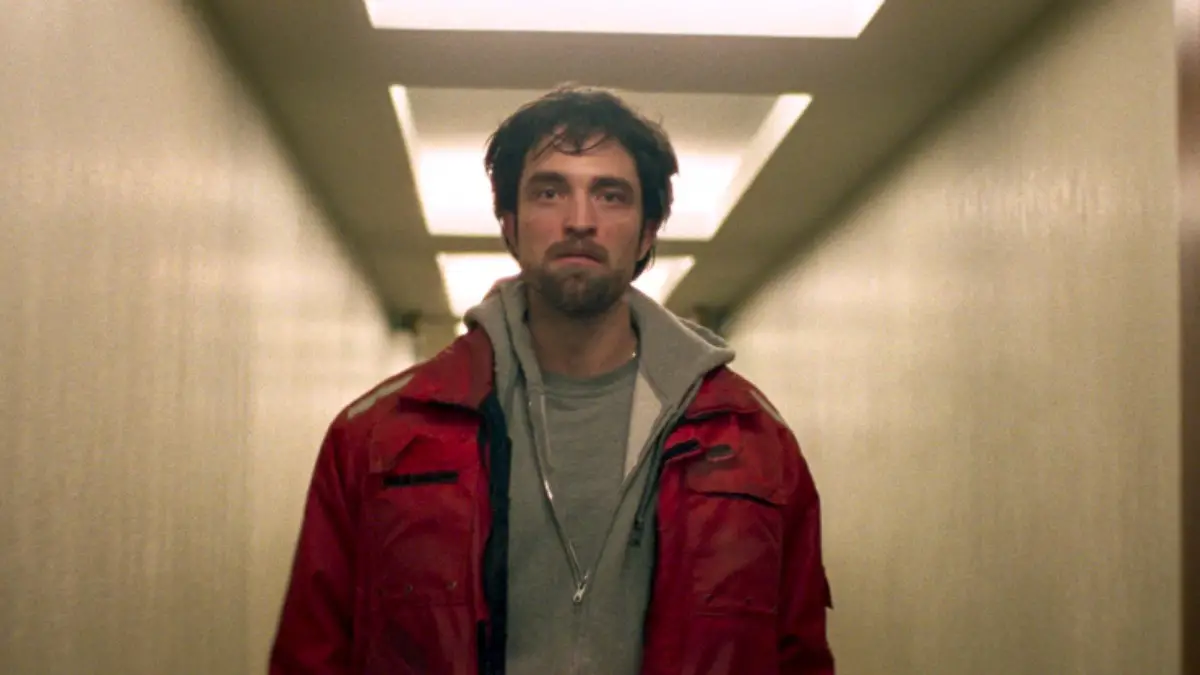Independent films have a very interesting history.
While films made without the involvement of major studios, such as Warner Bros. or 20th Century Fox, have been around since the beginning of film as an industry, the modern independent movie can be traced back to the 1990s. With the rise in popularity of film festivals like Sundance and Toronto, Hollywood started to take more interest in the movies that seemingly only cinephiles watched.
As a result, studios like Miramax would soon become the talk of the town, giving famous directors like Steven Soderbergh and Quentin Tarantino a chance to have their unique visions told on the screen. Later, independent studios like Miramax and New Line would be bought up by big distributors like Disney and Warner Bros., and other giant Hollywood conglomerates created their own branches to acquire and produce indies of their own, such as Sony Pictures Classics, Fox Searchlight and Focus Features, a subsidiary of Universal.
What resulted was an explosion of indie filmmakers. Because young up-and-comers now had affordable technology that allowed them to produce and distribute their movies to theaters, more and more low budget features were made and distributed by arthouse studios. Much like how Miramax and its future successor, The Weinstein Company, defined how independent films were made and released back then, a new, independent start-up has come along and begun redefining the indie genre, reimagining the movies that are made, the directors that make them and how the films are marketed. The company is a small New York City-based studio named A24.
Beginning in 2013, the studio managed to become an overnight success after the release of their third film, “Spring Breakers.” Due to the film’s controversial decision to cast Disney Channel alumni like Selena Gomez and Vanessa Hudgens in a film about drugs, violence and sex, the movie made instant headlines and turned many heads. But A24 had more than one trick up its sleeve, and, over the next four years, would release film after film. The group went on to produce “The Bling Ring,” “The Spectacular Now,” “Ex Machina,” “Room,” “The Witch” and their most famous film “Moonlight,” known for winning Best Picture right after a massive envelope mix-up that made audience members believe its competitor, “La La Land,” was the real winner.
Since then, A24 has been on a roll, with their most recent release, “Good Time,” a crime drama starring Robert Pattinson, garnering critical praise and drawing a solid opening weekend at the box office, and a slew of trailers for upcoming features that are sure to please, like Willem Dafoe’s “The Florida Project,” Colin Farrell and Nicole Kidman’s “The Killing of a Sacred Deer” and most famously “The Disaster Artist,” a film about the making of “The Room,” considered to be one of the worst films ever made.
“The Disaster Artist’s” trailer, in particular, exploded online, with over five million views on YouTube in just a month. It seems strange to single out a movie studio just for releasing movies, especially when they don’t make blockbuster features. But what makes A24 stand out from the crowd is how they not only develop and release unique independent features, but also independent features skewing toward the new generation of film fans.

Considering that young adults are often getting their entertainment and information through the internet and social media, A24’s marketing team has used multiple online platforms to sell their movies and help make them mini-events. When “Ex Machina” was planned to premiere at the 2015 SXSW Festival, Tinder users encountered an attractive woman named Ava while on the app. After a few quick questions, Ava would then ask the user to check her Instagram, a page that only had one item—a trailer for “Ex Machina,” a sci-film distributed by A24 that coincidentally was premiering at the festival. It not only was a clever way to build word of mouth, but also tied into the film’s main theme of artificial intelligence understanding human emotions. As a result, “Ex Machina” was a smash hit at SXSW and later grossed $35 million at the worldwide box office, becoming a sleeper hit.
Other examples include a Medium project called “Just Words” to celebrate writer David Foster Wallace, the subject of the film “The End of the Tour,” and an Oscar “For Your Consideration” campaign for James Franco’s role in “Spring Breakers,” appropriately named “Consider this Sh*t,” a catchphrase used throughout the movie by Franco’s drug-obsessed crime lord, among others. While the pendulum has swung slightly toward the web, most movie studios, including ones that release indies, rely on TV advertisements, celebrities and reviews to attempt to court audiences; A24 went with a cheaper but more unique form of advertising, by targeting specific groups of people through cost-effective but unique means. Online adverts are generally cheaper than TV ads and billboards, so utilizing the endless potential of the internet while cutting costs and wooing younger audiences to become more attached to your brand? It practically prints money.
But, even if their marketing is distinct, their one-of-a-kind advertising can’t happen without unique features, and it is their love for creativity that really makes the company’s brand shine. Daniel Katz, one of the founders of the company, admitted in a 2013 interview, “When we started, we wanted it to be about the films and filmmakers, not us,” emphasizing how they were against executive meddling or taking creative control from their directors. They encourage creativity and unique voices, to the point where they give a chance to the people just starting out rather than established names. Most studios often release films from established directors like Martin Scorsese or Woody Allen, making it harder for newcomers to break into the industry.
But for A24, it’s a different story. Andrea Arnold directed three other films, none of which garnered any attention or recognition, until her fourth film, “American Honey,” was picked up by A24, resulting in her finally making a bigger name for herself. Barry Jenkins only directed one other film before A24 helped produce “Moonlight” for him, knowing his film would be something special. Robert Eggers (“The Witch”) and Daniel Kwan & Daniel Scheinert (“Swiss Army Man”) only had some short films on their resume, but A24 gave them a chance to direct feature films and both managed to receive positive reviews and will likely lead to them garnering more projects in the future.

Instead of just relying on names everyone knows, A24 helps tell unique stories from unique filmmakers the majority of people have never heard of before. And it is through these stories A24 has succeeded in creating an exciting brand that excites the new generation in the world of independent features.
Stories like “American Honey,” which tackles the issues of poverty and how those who suffer from it slip through society’s cracks; “Swiss Army Man,” which tackles anxiety and isolation by way of a surreal comedy featuring a talking corpse; “Moonlight,” which tackles multiple issues regarding masculinity, homosexuality and race, and even the upcoming “The Disaster Artist,” which tackles the idea of creating your passion project, even if it doesn’t necessarily go in the way you expected, all align with the ethos of the production company. These are scripts the big studios would toss away sight unseen, even though there are many who would love to see such stories because they relate to them and are being told through a unique lens. With how increasingly diverse society has become, particularly within younger generations, it seems silly not to fund projects telling one-of-a-kind stories.
As time goes by, A24 has become the perfect antithesis to the modern film industry. At a time when every studio is pushing for cinematic universes and immeasurably high budgets to put audiences in seats, this four-year-old company has made films exciting and individualistic, giving artistic human tales to the masses, and advertising them not to the old generations, but to the new ones. And thankfully, it has paid off, showing the world the young still have a yearning for wonderful works of art, particularly ones that don’t have hundreds of millions of dollars in their budgets, and I can’t wait to see what the future for A24 will be within the next few years.

















